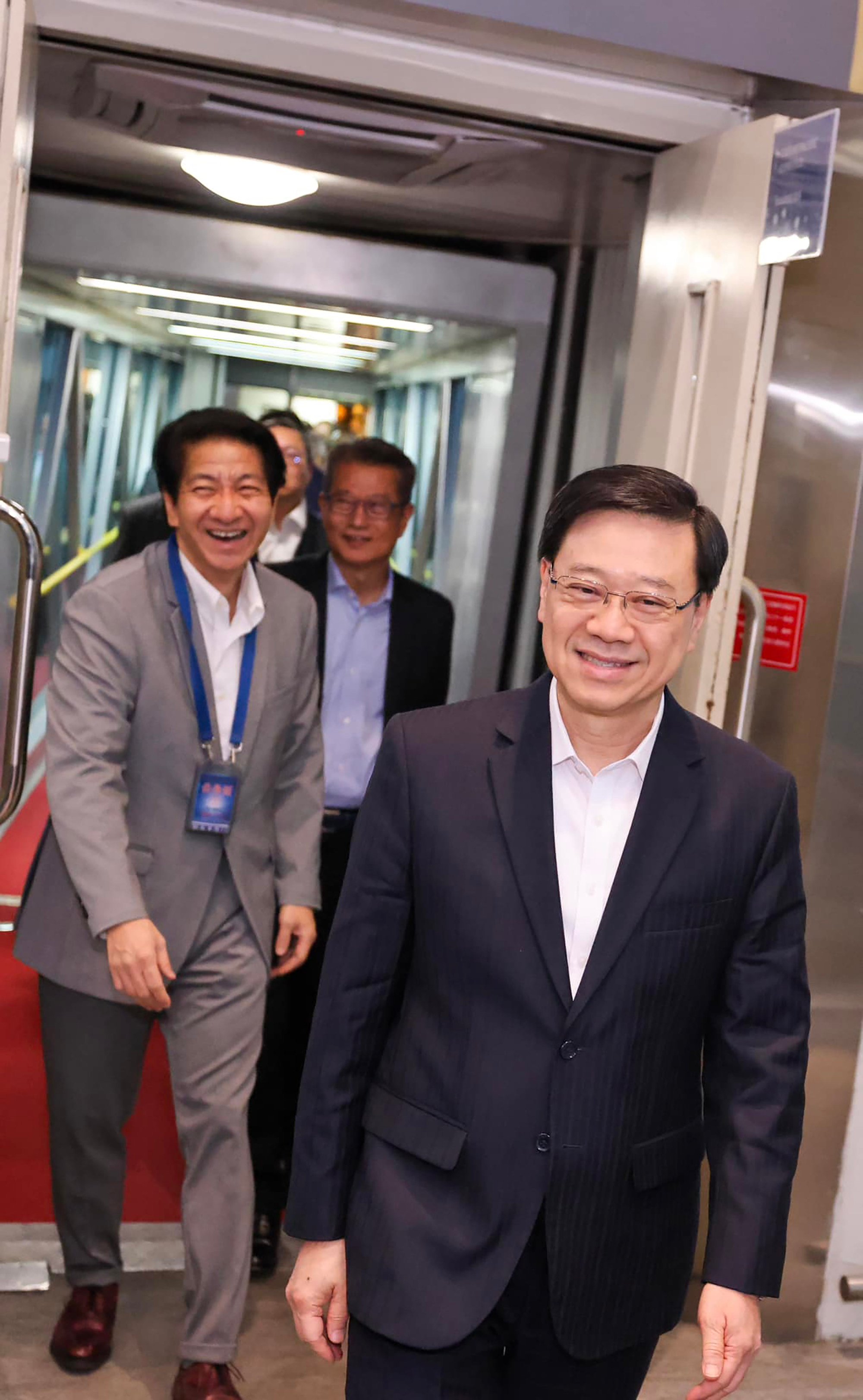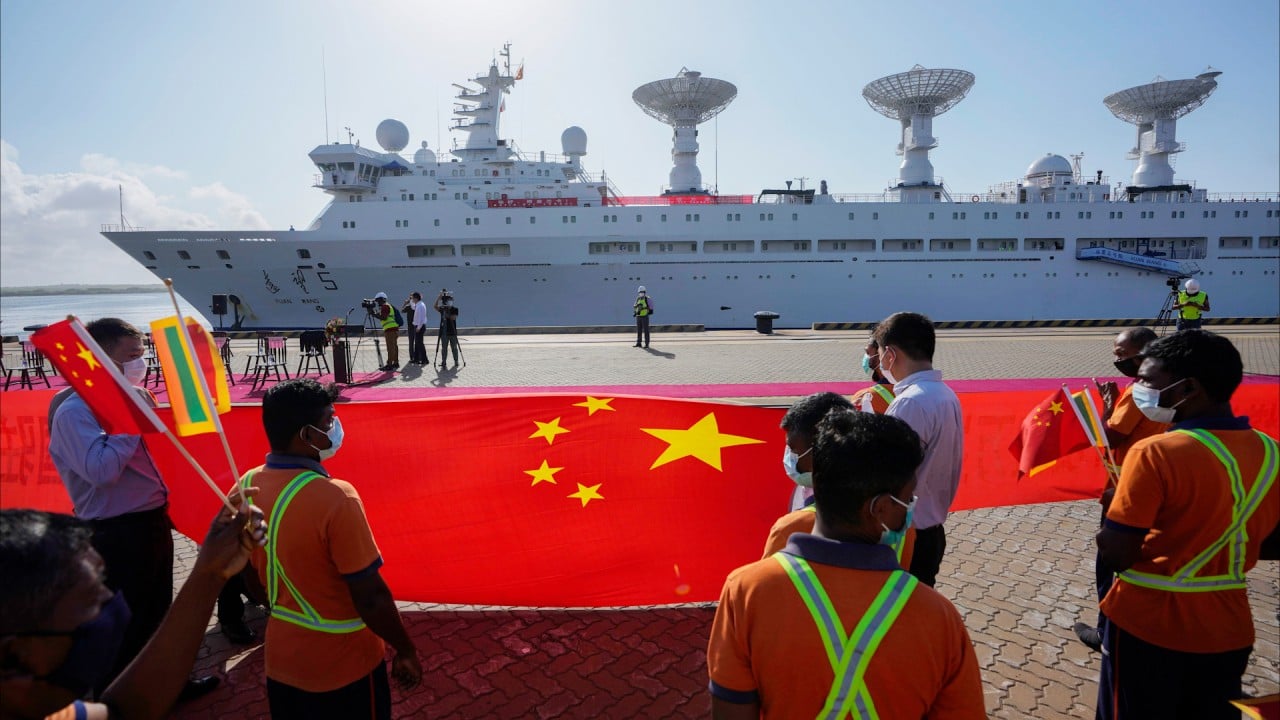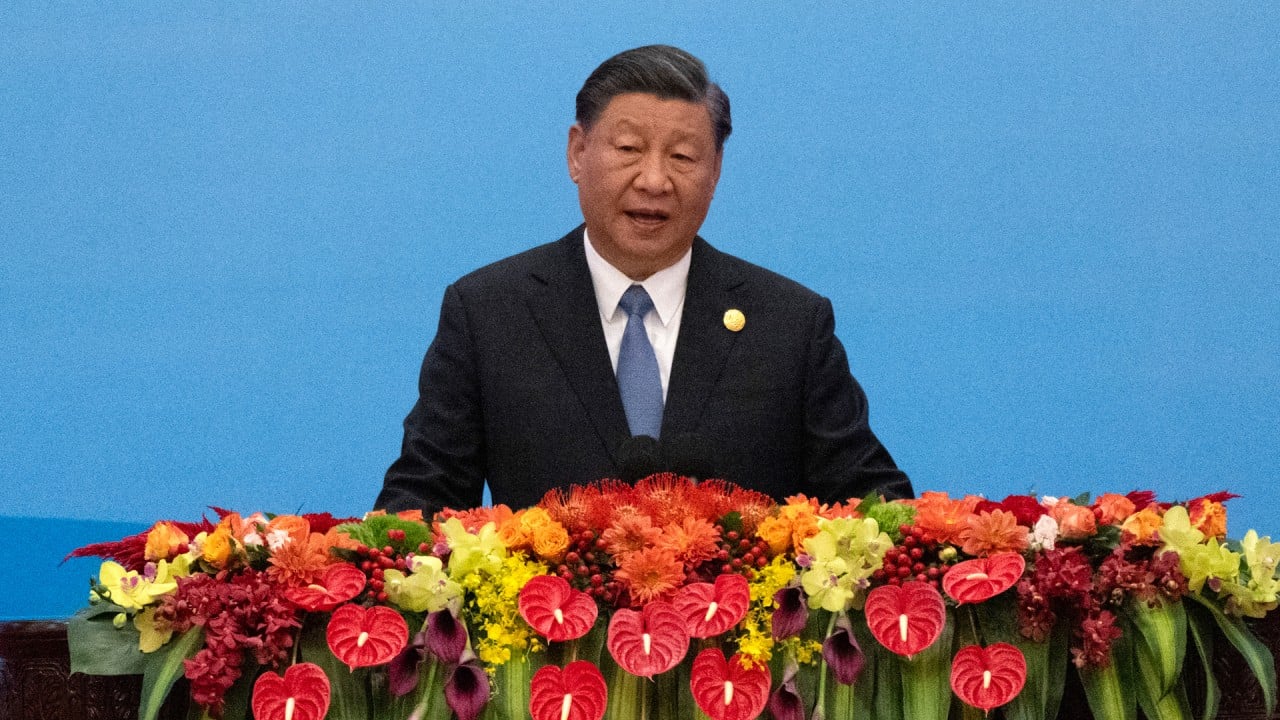
China steps up climate fight with belt and road green finance partnership
- This new partnership can match the fresh capital China is injecting into the Belt and Road Initiative with blended financing to identify and develop green projects in developing countries
That same day, China’s Belt and Road Initiative International Green Development Coalition (BRIGC) – set up by China’s Ministry of Ecology and Environment to pursue green development – unveiled the Green Investment and Finance Partnership.
Also, while China’s portfolio was relatively carbon-intensive in the first years of the belt and road, Beijing has begun to shift towards cleaner power.
At the Belt and Road summit in Beijing this week, the message from the more than 100 world leaders who attended was clear: please continue this productive finance in energy and infrastructure – but do more due diligence to prevent and mitigate risk.
Whereas the JETP provides financing to developing countries mainly to shut down fossil fuel plants, the Green Investment and Finance Partnership will focus on enabling developing countries to foster investment and build new clean power for sustainable growth. One prioritises decarbonisation while the other focuses on green growth pathways.
China’s new partnership offer represents its unique financing model and can be a premier vehicle for blended finance with Chinese characteristics. In addition to the backing of China Development Bank and Exim Bank, the partnership has secured prominent belt-and-road-related financial and engineering powerhouses, such as the Bank of China, China International Capital Corporation and China Power International.

To achieve these goals, the partnership will create a green project preparation pipeline facility to help dig out bankable projects from the Global South.
The platform has the potential to provide financing, technical support and more, for feasibility studies, project design, technical capacity and risk management in partnerships between China and developing countries in the belt and road.
This partnership will help Chinese actors find the right blend of debt, equity, investment and grants, tailoring it to the circumstances of each project or country so both sides benefit. Chinese institutions and their financial partners get to invest in strong projects that have undergone stringent due diligence, advancing both their bottom line and the goals of the Belt and Road Initiative.
This initiative has the potential to be a strong complement to the JETP – or an alternative if the JETP system becomes prohibitively cumbersome.
If China and its international partners in the West are not working together, it is important that they work at least in parallel towards the same climate goals the world has subscribed to.
Jianyu Zhang is executive director of the BRI International Green Development Institute at the BRI International Green Development Coalition (BRIGC)
Kevin Gallagher is a professor of global development and director of the Global Development Policy Center at Boston University




